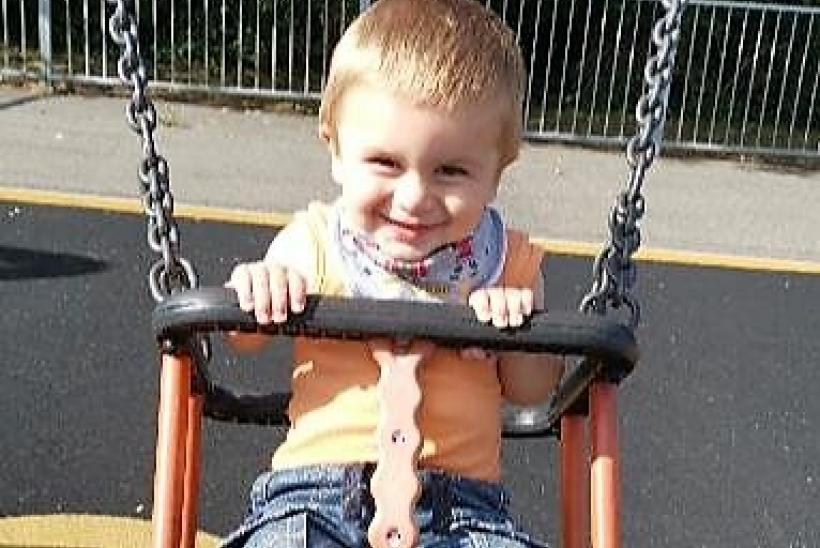Baby Daniyal Saved from the Effects of a Rare but Serious Condition
At just four months old, Daniyal Khurshid suffered from a seizure and investigations at his local hospital later revealed that this was a result of hypoglycaemia. He was then referred to Great Ormond Street Hospital for Children (GOSH) in London, where he was sucessfully treated. His mother says: “I am very grateful for GOSH, Daniyal could have suffered from brain damage but now he is fine.”
Congenital Hyperinsulinism (CHI) is a rare but serious condition which usually occurs soon after birth, with an estimated incidence of one in every 40,000. It causes low glucose levels in the blood, causing floppiness, poor feeding, lethargy, seizures and even cardiac arrests if not treated promptly. In Congenital Hyperinsulinism (CHI), there is inappropriate and unregulated secretion of insulin from the beta-cells of the pancreas. Dr Pratik Shah, Consultant Paediatric Endocrinologist and expert in hypoglycaemia at GOSH, who treated Daniyal, explains: “high insulin levels prevent ketone bodies from being made. This means that during CHI, the brain is not only deprived of its most important fuel (glucose), but also of ketone bodies which are used as alternative fuels.”
For Daniyal and his family, Daniyal’s condition seriously affected their lives before they received treatment at GOSH. In fact, his mother explains: “His condition affected us a lot. We were very stressed, and we had to stay at the hospital…even being in traffic on the motorway was dangerous.” Now, she says: “I don’t have to worry every half hour about Daniyal anymore. I can travel knowing that he will be fine, I don’t need to constantly check the timings and I don’t need to feed him every three hours. I don’t worry like I used to.”
Dr Shah worked alongside a multidisciplinary team to manage Daniyal’s treatment, including a geneticist, Clinical Nurse Specialist, Surgeon and Dietitian. The genetics results confirmed a diagnosis that Daniyal had a focal form of congenital hyperinsulinism, meaning that he had to be treated with surgery. Dr Shah elaborates: “around 40 to 50 percent of infants with persistent CHI will have the focal form.”
Before Daniyal underwent surgery, he underwent 18F DOPA PET/CT scan (PET scan) with the help of the hyperinsulinism clinical nurse specialists. This type of scan gives very detailed, three dimensional images of the body so that the affected area of Daniyal’s pancreas can be clearly identified. Dr Shah then met with a pancreatic surgeon Prof De Coppi, and together they concluded that Daniyal would be treated by undergoing laproscopic resection (keyhole surgery), to remove the affected area of his pancreas. Daniyal’s mother explains “Straight after surgery, he was doing much better without medication. He had to fast for 12 hours and again for 14 hours but since then he is doing much better.”
At GOSH, our motto is ‘the child first and always’. As in this case, Daniyal was seen by the Interventional Radiology team prior to surgery, which stabilised his glucose level by inserting a central venous access device, while his method of treatment was still being decided on. A dietician on the ward was also available to support maintaining his glucose level. Daniyal’s mother describes her experience as “the best”, explaining: “the doctors and nurses were like our friends. Even when my baby was alone, they would give him cuddles and play with him. Even when it was a busy time, they would make the time.”


